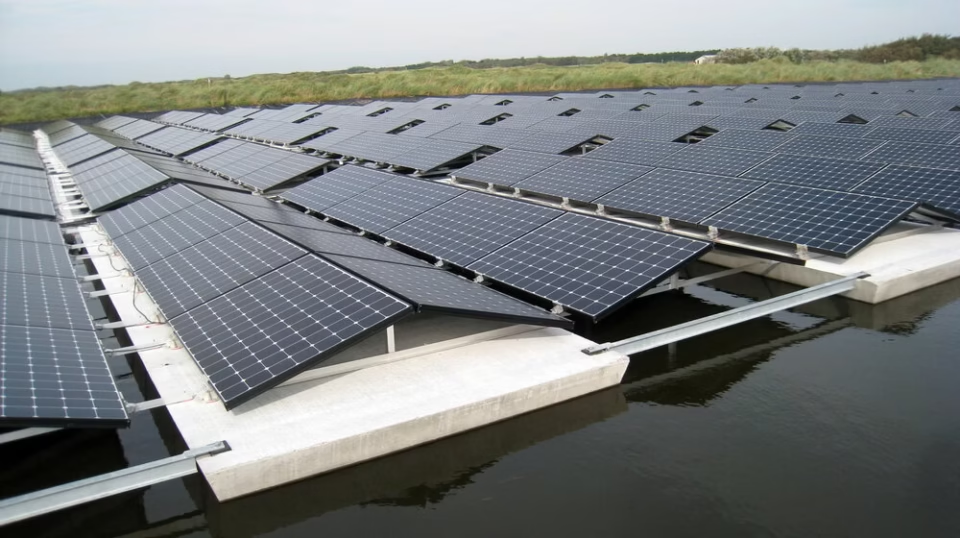Pakistan Risks Losing $300 Million World Bank Funding After Floating Solar Project Shelved
Pakistan is at risk of losing $300 million in concessional financing from the World Bank after the government decided to drop the landmark 300-megawatt floating solar power project at Tarbela–Ghazi.
The project, years in the making, was recently excluded from the country’s 2025–2035 power generation plan, effectively cancelling what experts had called a game-changer for clean and affordable energy.
Why the Project Was Important
The floating solar plant promised one of the lowest tariffs in the region at just 2.98 cents per unit, making it cheaper than almost 120 of Pakistan’s existing thermal power units. Experts projected that the project could recover its capital within five years and save over $72 million annually in foreign exchange thereafter.
Strategically located next to existing hydropower plants at Tarbela and Ghazi Barotha, the project required no new transmission lines, reducing costs and delays. It also offered water conservation benefits by reducing evaporation from reservoirs — a key concern for Pakistan amid rising water stress and disputes under the Indus Waters Treaty with India.
Missed Opportunity for Clean Energy
By shelving the initiative, Pakistan has lost more than just financial support. The country missed a rare chance to:
-
Modernize its energy mix
-
Reduce consumer power costs
-
Phase out aging thermal plants
-
Enhance its credibility in the global renewable energy sector
The World Bank, which had backed the project on concessional terms, has already expressed dissatisfaction over the decision. Analysts warn that such policy reversals could damage Pakistan’s standing with international donors and discourage future clean energy investment.
Global Context and Local Challenges
While major economies are rapidly integrating renewables to achieve climate goals, Pakistan appears to be stepping back from innovation. The floating solar project could have been a defining achievement in Pakistan’s energy transition journey. Instead, it now stands as a missed opportunity with long-term economic and environmental consequences.

